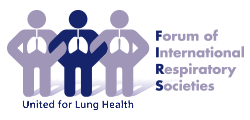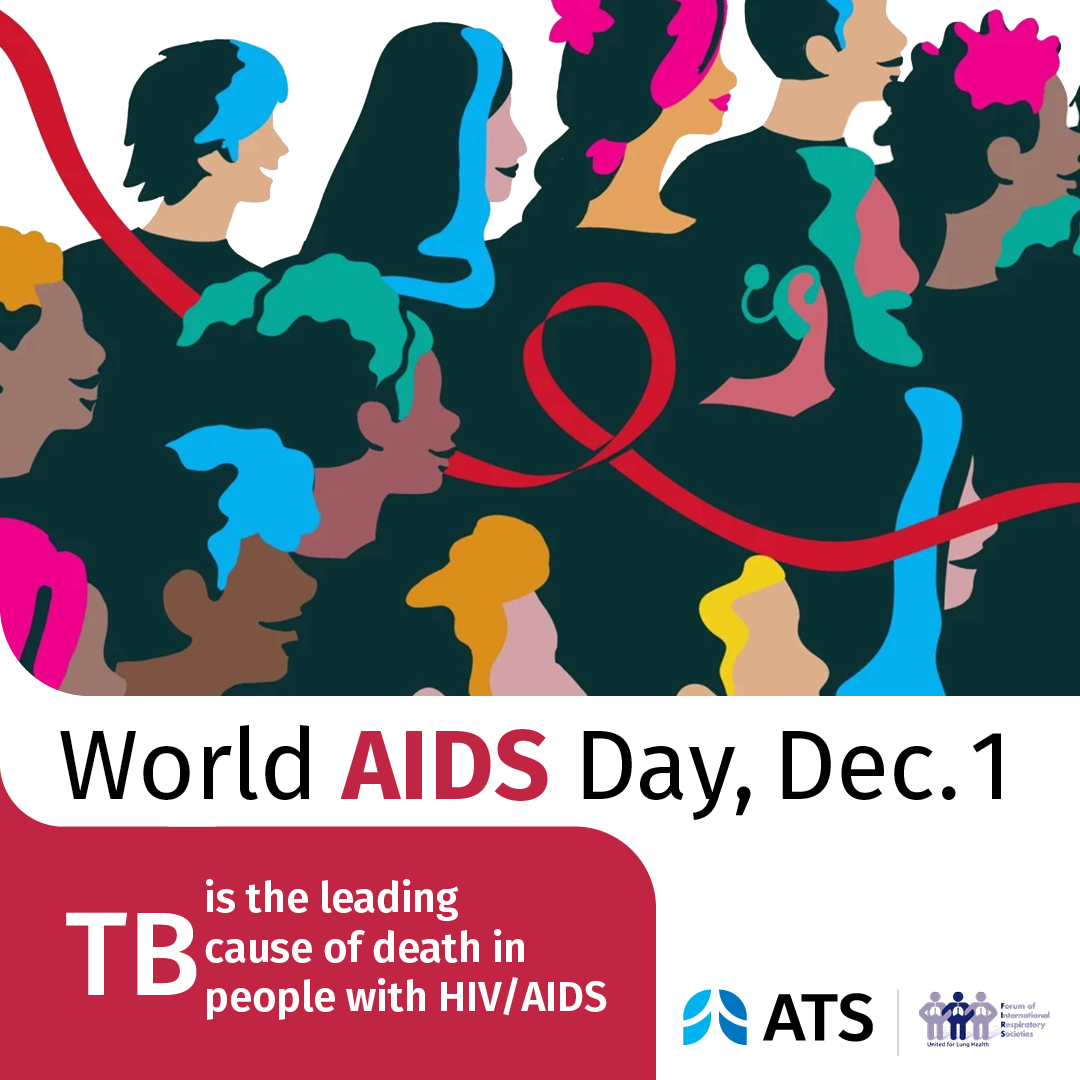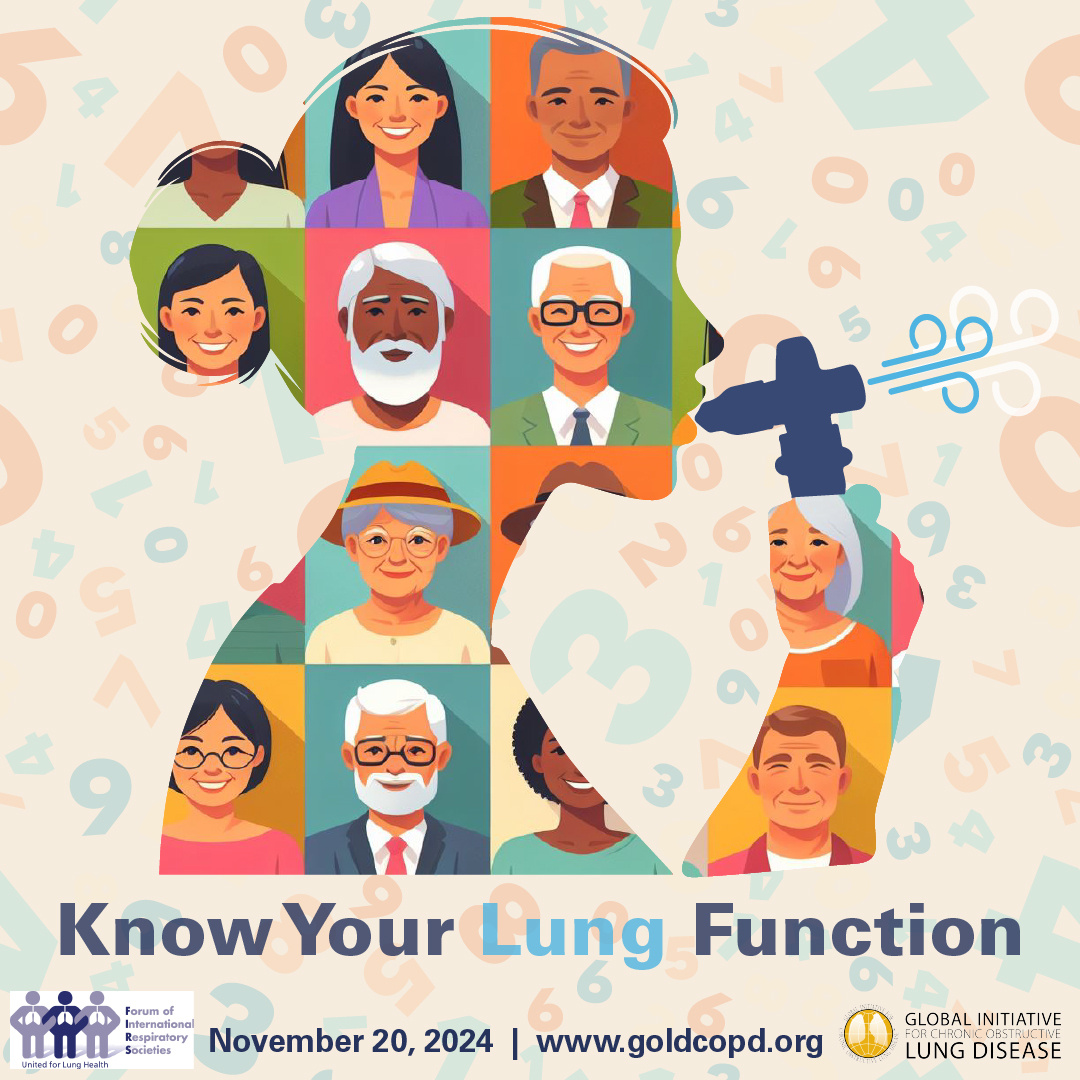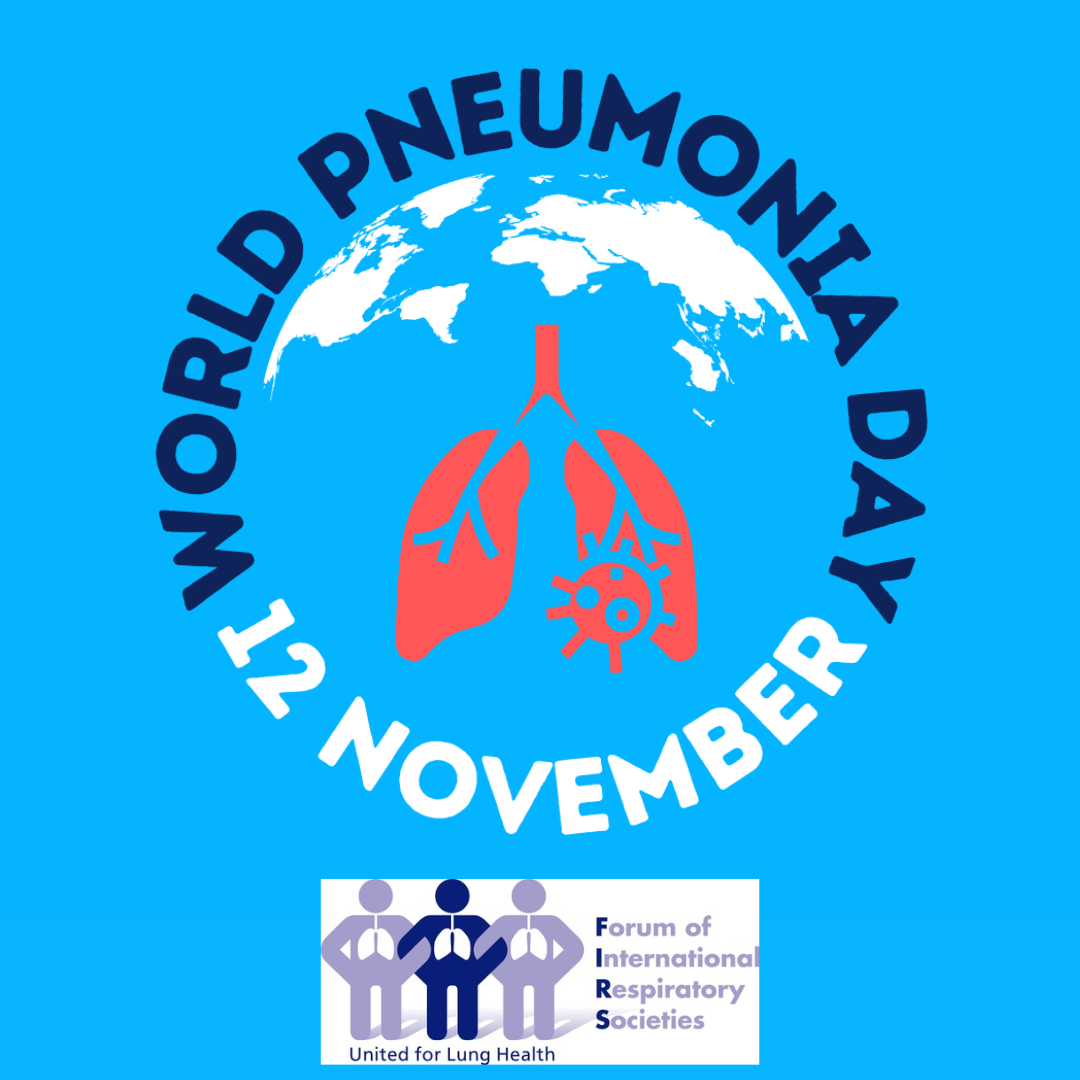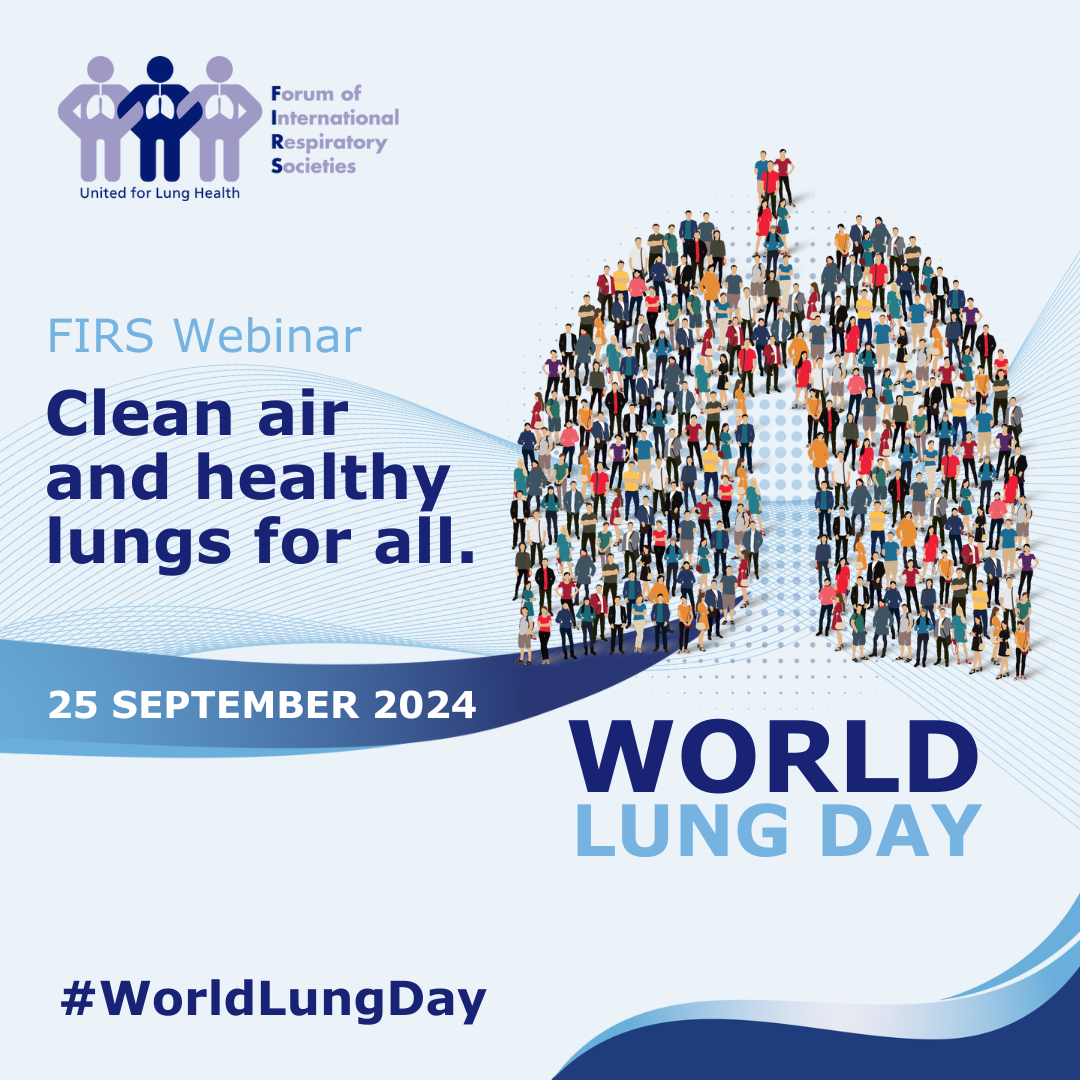Two historic health meetings take place later this week in New York: 26 September, the United Nations High-Level Meeting on Tuberculosis and 27 September, the United Nations High-Level Meeting on Non-Communicable Diseases.
More than 50 heads of state will attend and speak at the meetings destined to scale up the response to these important health problems.
The Tuberculosis meeting will review practical aspects of how the world’s most deadly infectious disease can be eliminated. Elimination is a reachable goal if there is commitment to do so.
Noncommunicable diseases now account for about two-thirds of the deaths in the world; about 40 percent of them are avoidable.
One of the UN meeting’s points of emphasis will be the importance of air pollution as a health risk. The World Health Organization (WHO) estimates that 4.2 million deaths occur from outdoor air pollution exposure and 3.8 million from indoor air pollution exposure each year. Most countries have air pollution levels that exceed the WHO guidelines.
The Forum of International Respiratory Societies (FIRS) applauds the inclusion of air pollution in the final UN Declaration. “Air pollution affects people of all countries, ages, and social groups. It not only affects the lung and breathing, but the ultrafine particles of air pollution find their way into almost every organ in the body. Many people are aware that air pollution negatively impacts people with asthma and COPD, but many do not realise it has been implicated in cancers, diabetes, obesity, and dementia.” said Dean Schraufnagel, MD, Executive Director of FIRS.
The effects can be acute, such as breathlessness, but are often subtle and silent, only taking a toll over time. Air pollution complicates many other existing health conditions and reduces physical performance. Harmful effects occur on a continuum of dosage, even at levels below air quality standards previously considered to be safe.
The UN Declaration states the goal is “increase global awareness, action and international cooperation on environmental risk factors, to address the high number of premature deaths from non-communicable diseases attributed to human exposure to indoor and outdoor air pollution, and underscoring the particular importance of cross-sectoral cooperation in addressing these public health risks ...”
FIRS congratulates the UN for raising this important topic and challenging us to build on this recognition. We call on all people to demand clean air and to build on the momentum generated by the family of nations.
About the Forum of International Respiratory Societies (FIRS)
The Forum of International Respiratory Societies (FIRS) is an organisation comprised of the world's leading international respiratory societies working together to improve lung health globally: American College of Chest Physicians (CHEST), American Thoracic Society (ATS), Asian Pacific Society of Respirology (APSR), Asociación Latino Americana De Tórax (ALAT), European Respiratory Society (ERS), International Union Against Tuberculosis and Lung Diseases (The Union), Pan African Thoracic Society (PATS), Global Initiative for Asthma (GINA), and the Global Initiative for Chronic Obstructive Lung Disease (GOLD).
The goal of FIRS is to unify and enhance efforts to improve lung health through the combined work of its more than 70,000 members globally.
For more information about FIRS please contact Lisa Roscoe This email address is being protected from spambots. You need JavaScript enabled to view it..
